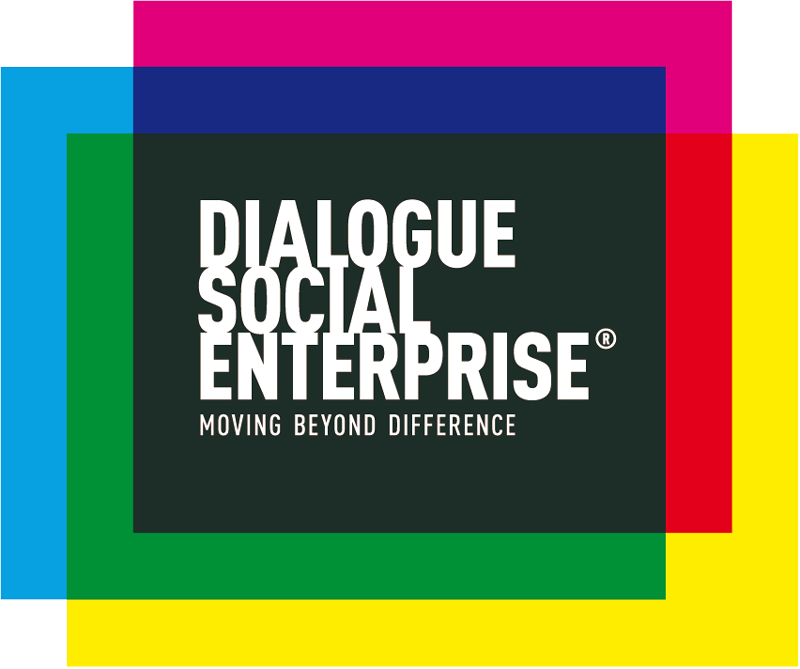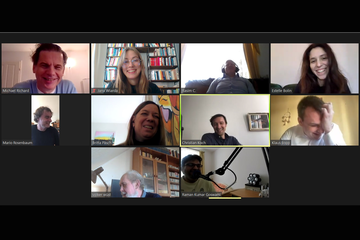With venues closed, about two thirds of our visually impaired collaborators globally have lost their jobs.
With in-person exhibitions in standby, one of the strategies are online Dialogue sessions. But helping the visually impaired staff moving from the physical dark to the digital light is not easy.
Following on our mission of job inclusion of people with disabilities, we launched the first online facilitation training in Germany in order to help the blind facilitators building capacities for online job inclusion.
I spoke with Raman Goswami, one of the 7 blind facilitators who took part in the training.
Pepe: Which skills do you think you developed during the online facilitation training?
Raman: We revisited basic facilitation skills. Those are more important than ever. But we must polish those skills in order to be a good online moderator. I mainly refer to active listening and asking good questions. In addition, we learned general usage of Zoom and its different possibilities such as breakout rooms, chat, polls, etc. These kind of video conferencing platforms are our new stage, and we need to feel as confident there as we feel in the dark rooms.
Pepe: Which are your main takeaways of this training?
Raman: I enjoyed a lot storytelling. I discovered how it can be a powerful tool to send your message across and touch people in a very authentic way. Storytelling is not a bunch of facts. Stories have a deep emotional impact. And I think we as blind people have many great stories to share and which can make a big difference on participants’ lives.
Pepe: Finally, how do you visualize the digital future of the Dialogue?
Raman: I think we have taken a very good step forward. Nowadays the world is going digital. Some blind people like me were already kind of familiar with the digital world. But we were digitally included in some other tasks and not on job. It is a great opportunity for us to have access to digital platforms and offer a great service which means a job for us. The digital tendency will not stop when the pandemic is hopefully over. Therefore, then I think Dialogue has to continue parallel ways – in-person and digital. Furthermore, a very positive aspect of the digital Dialogue is that we can reach people wherever they are so our impact is bigger.
The training took place In Hamburg from December 2020 to March 2021. More than 50 hours of training have been facilitated by Christian Koch for 7 blind facilitators of the Dialoghaus. And in order to continue our mission the training is being replicated internationally.

